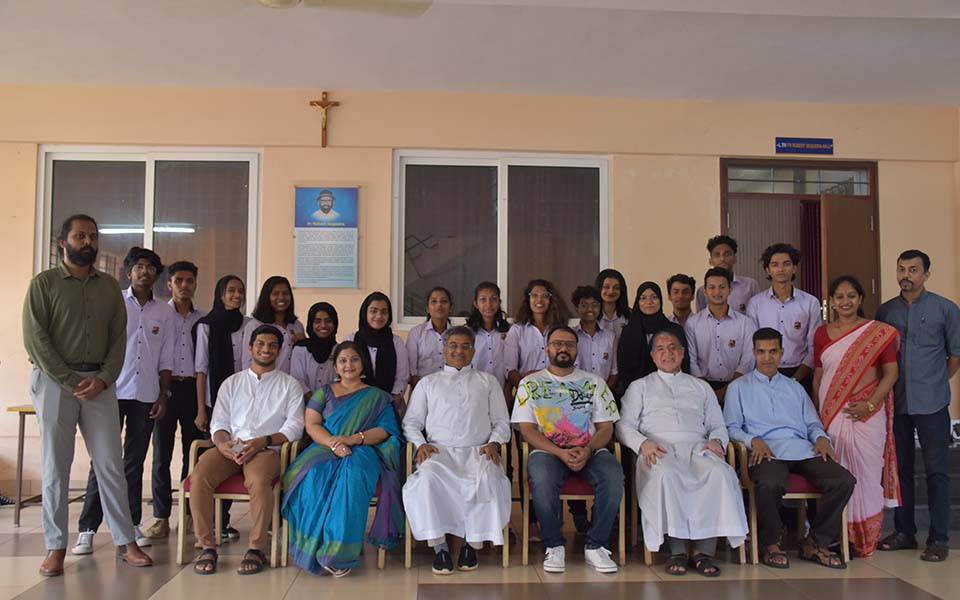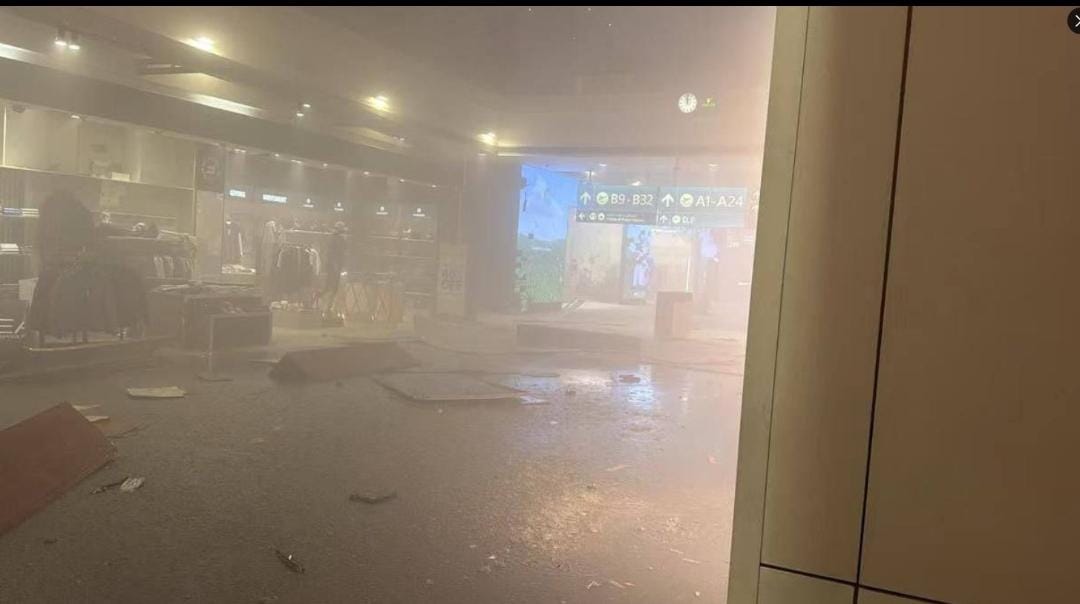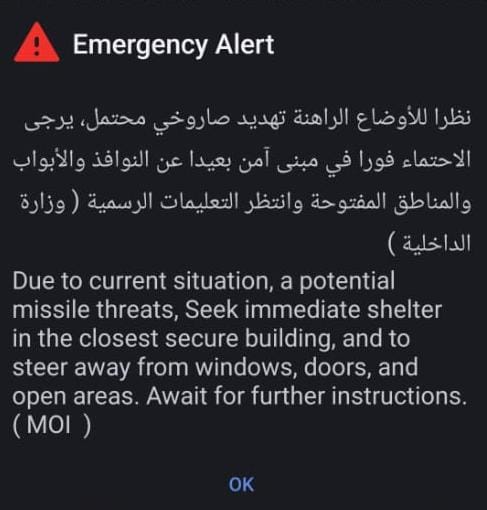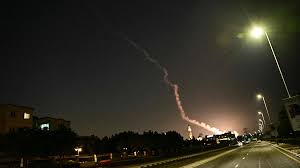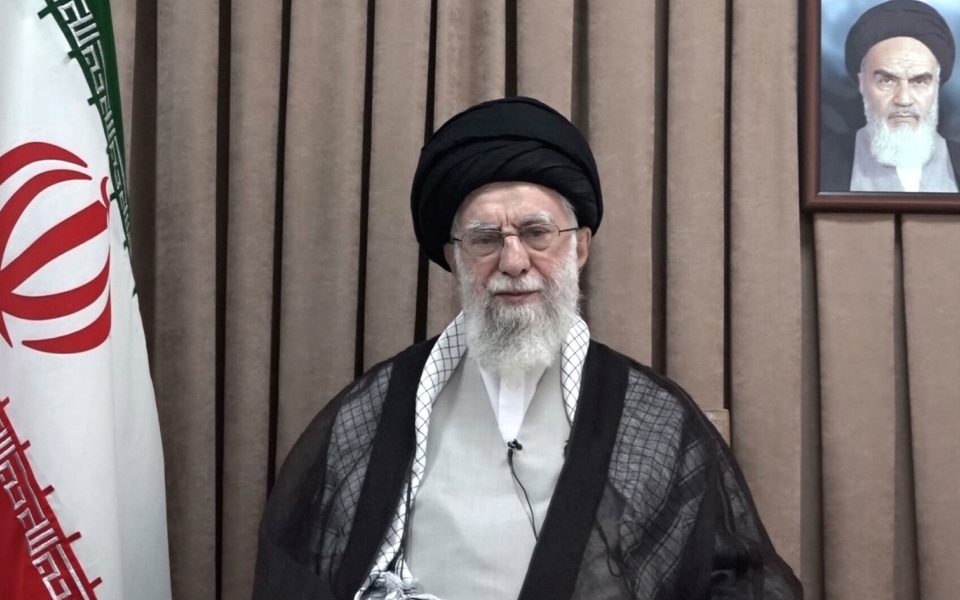Press Release: St. Aloysius College (Autonomous) officially inaugurated the new BSc programme in Visual Communication on 15th September 2022 at the LF Resquina hall, LCRI Block.
The programme was inaugurated by Rev. Fr. Melwin J Pinto, Rector of St. Aloysius Institutions launched the programme by capturing the shot of the students gathered in the auditorium with a Polaroid camera and signed the photograph of the historical moment. St. Aloysius is pioneering in the field of Visual Communication studies in Dakshina Kannada by offering a graduation programme for the first time in the district. Mr. Hrisheekesh Anilkumar, Founder and Creative head of Reel Tribe, a creative digital platform was the chief guest for the event who launched the official you tube channel of the Visual Communication department and ‘Campus Buzz’ a new student blog from the department of Journalism. A sand art was also unveiled as a part of the formal inauguration.
The course offers opportunities for students who aspires to pursue a career that is blended with art, content and technology. Visual communication enhances the creativity of students and enables them to become professionals in today's world of media. Rector of Aloysius Institutions Rev. Fr4. Melwin J Pinto, Rev. Dr.Praveen Martis SJ, principal St.Aloysius college, Registrar Dr.Alwyn D'Sa, Head of the department Dr.Swetha Mangalath and the program co ordinator Abdul Rasheed were present.
The formal inauguration was followed by an interactive session by the chief guest. Mr.Rishikesh acknowledged that we are just three seconds away from changing lives. A flashmob was also held at the mother thersa peace park after the presentation as part of the unveiling of the new programme. The historic moment was embarked in the walls and minds of the staff and students successfully. The admissions are still open for BSc.Visual communication, while the first year degree students hold an opportunity to be the historic batch of visual communication in the city.
Let the Truth be known. If you read VB and like VB, please be a VB Supporter and Help us deliver the Truth to one and all.
Dubai: Reports have emerged claiming that Dubai International Airport has been hit by a missile amid rising tensions in the region.
Several videos claiming to be that from the Dubai Airport were being circulated online.
The claims surfaced shortly after emergency alerts were issued across the UAE warning residents and visitors of a potential missile threat and advising them to seek shelter.
However, there has been no official confirmation from UAE authorities regarding any strike on Dubai airport.
Details about possible damage or casualties remain unclear. Authorities are yet to release a formal statement on the reported incident.

